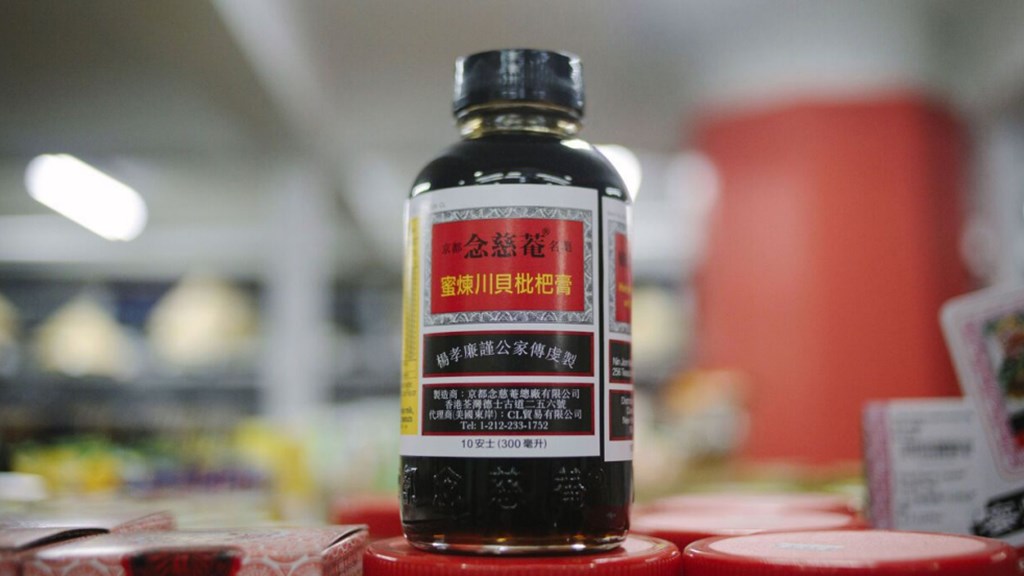A 400-year-old Chinese cough syrup is winning over Westerners
The recipe for Nin Jiom Pei Pa Koa has not changed since it was first concocted in the 1600s. Yet the sweet Chinese cough syrup, which has the colour and consistency of mud, is enjoying a renewed surge in popularity. Sales rose by almost a third between 2019 and 2024, reaching 635m yuan ($88m) last year. Those coughing up for the syrup are not just in China, but increasingly in the West, too. Pei Pa Koa, as it is known, can now be found in more than 20 countries. Bottles of the medicine, which includes ingredients such as loquat leaf and pomelo peel, go for around $5 in pharmacies in Hong Kong, where it is mostly manufactured. But they fetch around three times that price when sold through third parties on Amazon, an e-emporium, in America.
The enthusiasm has been particularly infectious among young people. Worldwide Google searches for Pei Pa Koa rose by a quarter last year; tutorials on how to administer it have racked up millions of views on TikTok, a short-video app. Western celebrities have espoused Pei Pei Koa's benefits: Zayn Malik, a singer for One Direction, a now-disbanded pop group, has praised the cough syrup's ability to soothe scratchy vocal cords, as have Cynthia Erivo and Jonathan Bailey, two actors in last year's film adaptation of the musical "Wicked".
Traditional Chinese medicines have been steadily gaining interest in the West, spurred on in part by the social-media craze for "biohacking", which focuses on improving health through experimental—and often spurious—fads. Chugging herbal cough syrups is but one example (Pei Pei Koa is unlikely to receive the blessing of America's Food and Drug Administration any time soon).

